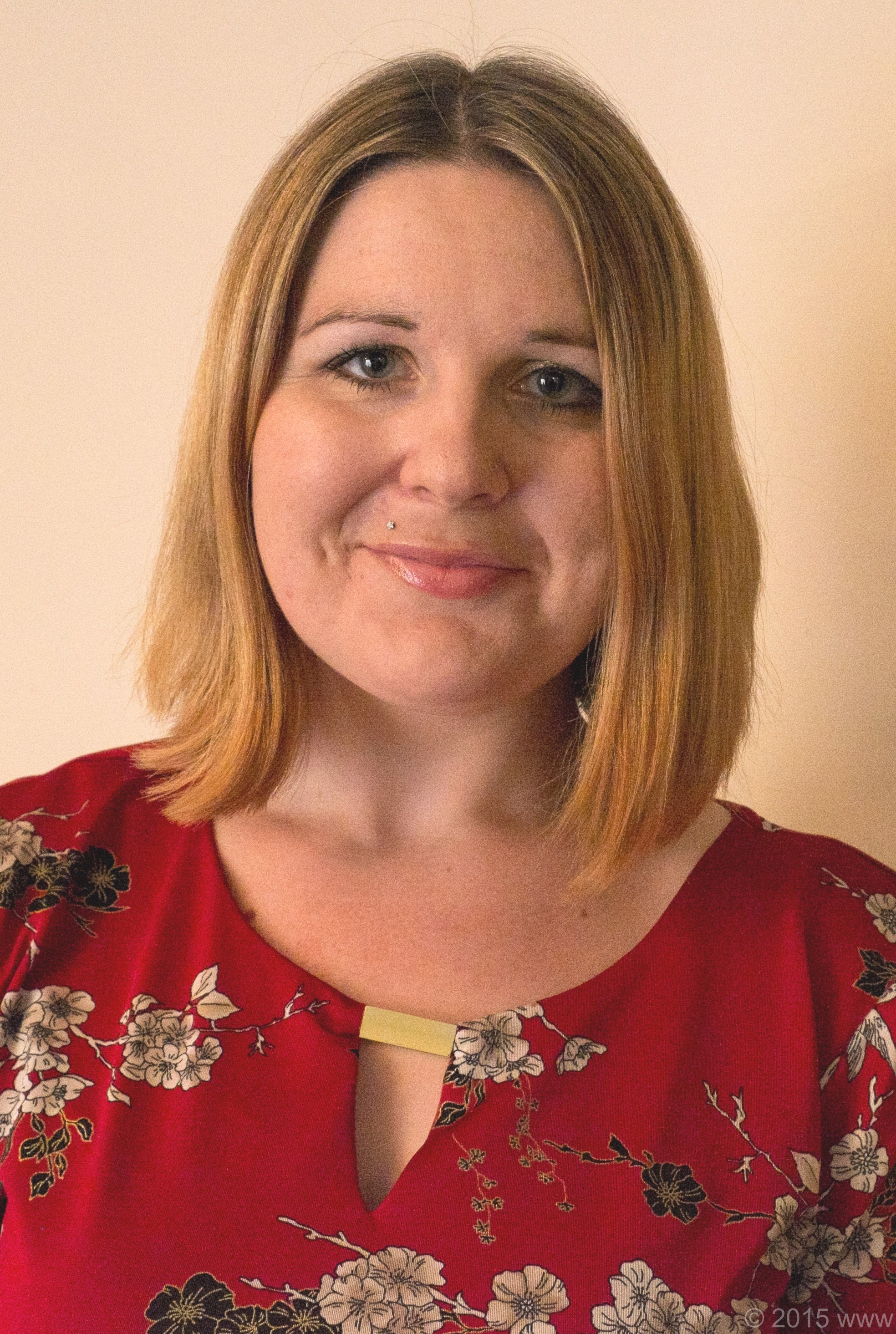More adults in Brighton and Hove who need extra help from the council are to be encouraged to decide exactly what services they should get.

Some people are already doing this, under the city council’s Direct Payments scheme, which it says is empowering them and improving their quality of life.
The new national Care Act asks local authorities to promote the scheme.
Rather than simply accepting services offered by the council to meet your assessed needs, Direct Payments means the council agrees a care budget with you and then lets you take charge of what it is spent on to meet your needs.
There are certain restrictions about who can provide the support and care, and obviously you can’t spend it on things like gambling or alcohol.
Catherine Young has MS (multiple sclerosis). She says moving on to Direct Payments has massively improved her quality of life.
“My condition is unpredictable – I have good days and also very bad days. Above all I wanted to be in control of exactly what support I get, who gives me the support I need and when they give it.
“Through direct payments I’ve been able to employ a personal assistant. She is very flexible in terms of the hours she works for me and basically helps me with whatever I need on the day.
“On a bad day it can be basic stuff like helping me get out of bed and in and out of the shower. On a good day it may be taking me to pilates or swimming – and then helping me get out of the pool! – or social things like going to see friends.
“She also does cooking for me, making big extra portions to put in the freezer so that I’ve got really nice, healthy food on the days when I can’t cook for myself.
“Before direct payments and my personal assistant I was in a very bad place both mentally and physically – eating all the wrong food and not feeling able to even leave my flat, let alone go swimming or see friends.
“Direct Payments has completely changed my life – I can hardly put into words what a massive difference it has made.”
The council funds the city’s Fed Centre for Independent Living to give people any help they may need with signing up to the Direct Payments scheme.
Catherine said: “The support I’ve had from the Fed has been amazing. There’s a fair bit of paper-work involved in setting the Direct Payment up, and there were days where I was simply not up to dealing with it.
“They’ve been incredibly patient and helpful, and it’s really reassuring to know they’re still at the end of the phone if I need any further help.”
All the detail is agreed by the council’s adult care team before they sign your Direct Payment scheme. From then on you are in control.
People who are on Direct Payments have an annual review with the council to ensure all is working well and that they are getting support that is appropriate to their needs.
The council’s director of adult services, Denise D’Souza, said: “Our top priority is putting people who have social care needs right at the centre of deciding what care they get and how it is delivered.
“Direct Payments gives people a degree of choice and control over the care they receive and a level of independence that would have been unimaginable even 10 years ago.
“It’s a fantastic scheme that we think could benefit hundreds more people who use our care services.
“These days it’s not so much about the council actually delivering care services as the council making sure the right care services are delivered to the people who need them most.
“We help fund the Fed and many other local community and voluntary sector groups to deliver services, and they do a brilliant job.”
If you feel you or someone you know has adult social care needs please email accesspoint@brighton-hove.gov.uk or phone the council’s helpline on 01273 295555.
If you already receive adult care services you can also take the opportunity to discuss Direct Payments at your next review.









People have resisted this scheme and now Care Act bullying will force the issue where people still have home helps.
Ruthless bullying has already seen many lose home helps they needed for shopping, personal care and light housework they strugglecto accomplish withoutchelp.
But hey, become an employer with those legal obligations Direct Payment imposes and you too can get council money for a personal chauffeur to make your social life easier.
The Direct Payments scheme is not welcomed by all or workable by all and very many have refused or given back acceptance of working thiis way to get help. If it is so great why dies tge govt need to bully people into taking it?
To clarify, I was not bullied into Direct Payments in any way. I was given an informed choice to make. Based on my situation I chose Direct Payments as this route gives you more control over the process by allowing you to choose who helps you, when and how. the old method of care provision is still available to those who find it more suitable. The Care Act is promoting this new approach to care provision as many people (like myself) have been unaware that it is an option. I had many incorrect preconceptions about what the consequences of admitting I needed help would be. I was surprised and reassured that Direct Payments gives you control over what your PA’s do for you, based on your changing needs. The downside of increased control is increased responsibility with the process, but that is where organisations such as The Federation Centre for Independent Living will support and advise you every step of the way. Wouldn’t you prefer someone with care needs to be offered a multifaceted level of support? Direct Payments of course primarily addresses the fundamentals of personal care, shopping and light housework, But also offers (not forces) the opportunity for psychological support to get back out into the community and thus improve ones mental health as well as their physical well-being? Once you know that you have the help to get up in the morning, get washed and eat a healthy meal, the next step is to address social exclusion, a step which is enabled by Direct Payments. The importance of mental health is under-rated by so many and I think it is amazing that it is finally being recognised as a significant part of ones care needs.